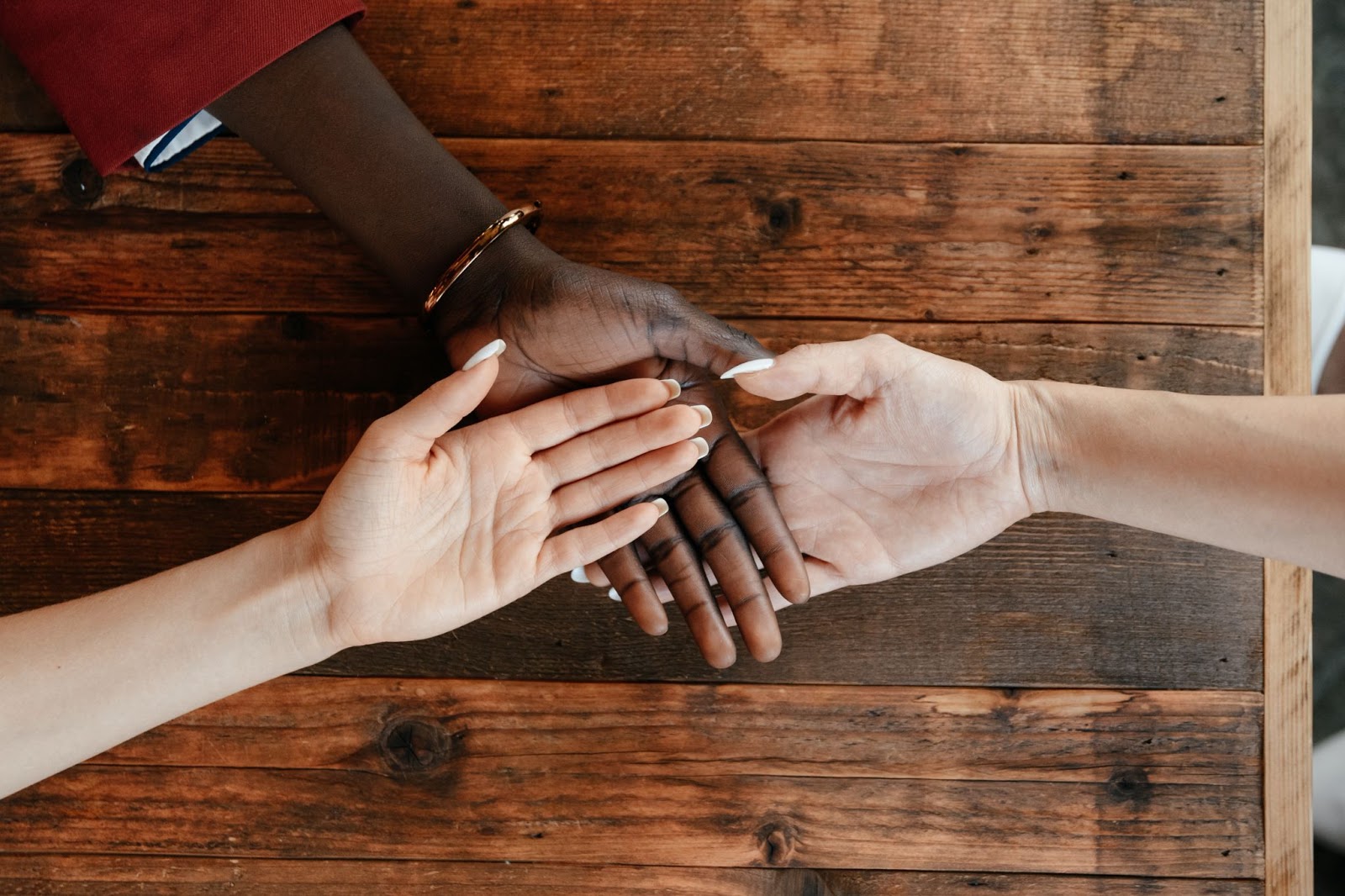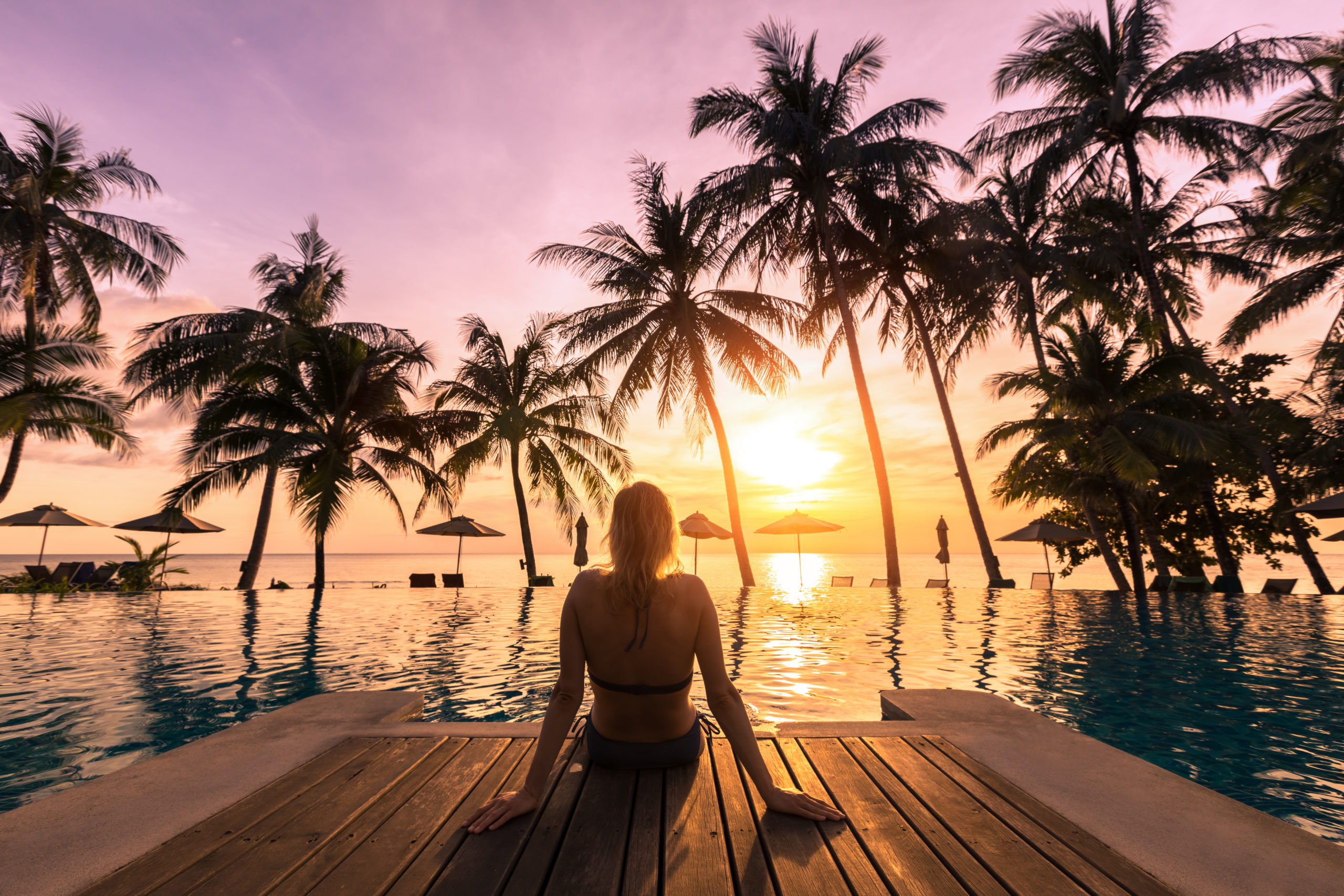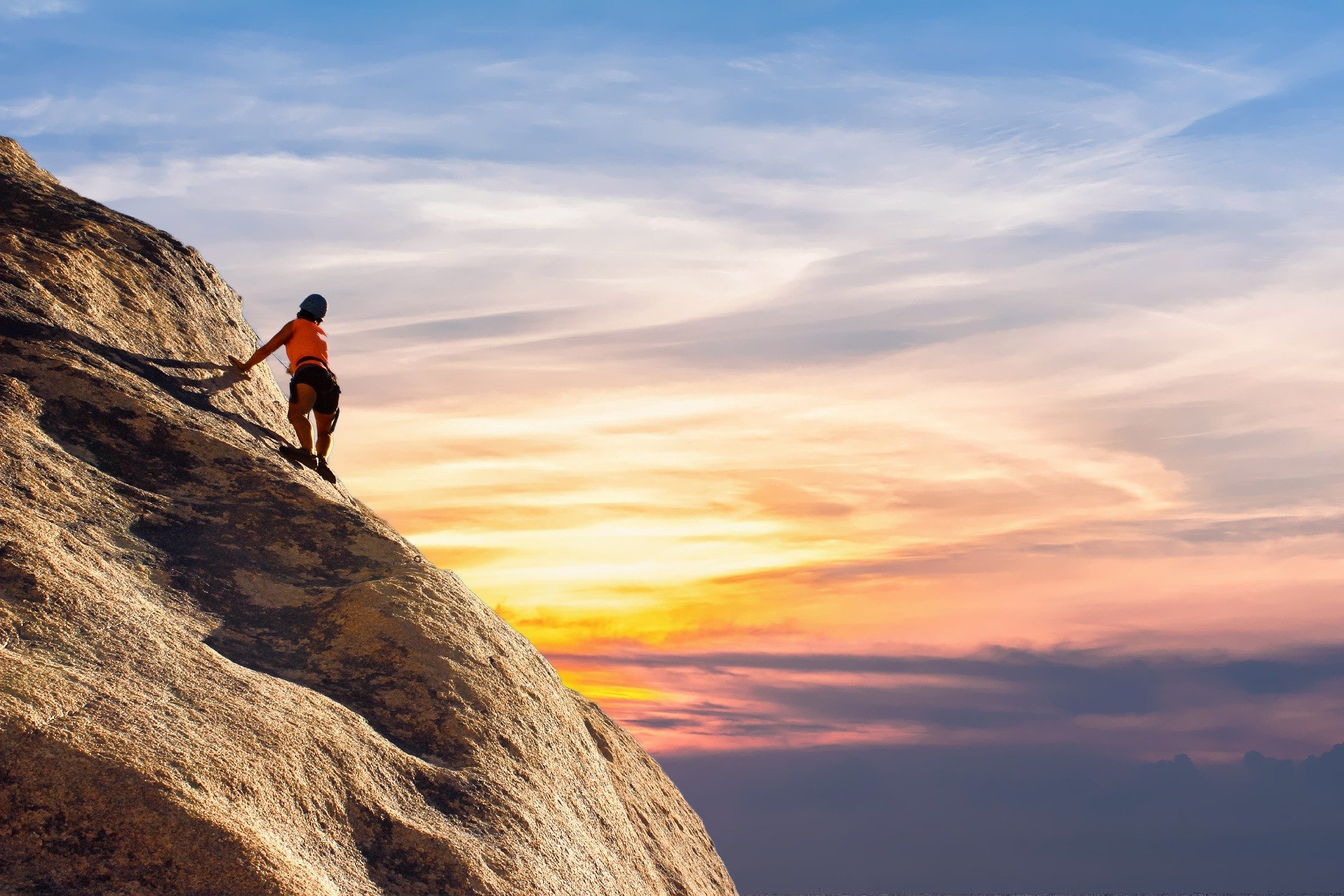Throughout your path to recovery from substance use disorder, you may find yourself looking back at the possibility of relapsing. This is a fear that many people in recovery deal with daily and there is no need to feel shame in allowing for the thought to slip in.
The best way to prepare yourself for the possibility of a relapse is to fully equip yourself with all the right tools to battle it. It’s much easier to slip back into using than it is to stay sober, but preparing for the worst will help you stay successful in your recovery. Read on to learn more about developing a guide for a relapse plan.
What is a Relapse Plan?
A relapse plan is a physical plan that you create to help you if you are in the stages of relapse. This plan can specify certain triggers, different ways to help ground you, and people to contact in case of emergencies.
It’s helpful to share a relapse plan with the people you love and your treatment team because they are the ones who are most likely to notice if anything that you’ve included is starting to happen. The main point of a relapse plan is to help you learn when the behaviors that you are exhibiting could be taken into consideration as the beginning stages of relapse.
Stages of Relapse
Relapses don’t happen overnight. There are three stages of a relapse that you can become aware of to help prevent it from happening: emotional, mental, and physical.
As each stage passes by without getting the proper treatment or doing the work to unload where your feelings are coming from, they are leading you to the same outcome. Luckily there are ways that you can begin to prevent your stages from evolving into the next.
Emotional
An emotional relapse will lead you to feelings of sadness in regards to your progress, shame from your last relapse, and numbness to the reality of your situation. People who begin to experience emotional relapse don’t want to repeatedly relapse, but because they are dwelling on the past, they aren’t emotionally available to consciously think about staying sober.
Mental
People who are experiencing a mental relapse have constant turmoil inside of their minds. They want to use as much as they don’t want to use. They feel weak and like they aren’t fully in control of their actions. When you become addicted to a substance, it’s not like you can forget how it feels to use, so it takes a lot of mental energy to work on letting those feelings go when the memories arise.
Physical
A physical relapse is when someone has finally come to the point of using again. At this point, their mental turmoil has overcome them and they aren’t able to fight their urges. This can either be a moment of weakness where they work towards getting better afterwards, receiving the proper care, or it can become a full relapse where they begin to use in an uncontrolled manner.
How to Create a Relapse Plan
There are many formats to create your own relapse plan. Typically, you need to first recognize the signs of relapsing. Once you are aware of what they look like, you can notify those around you as well so they can look for them too.
You want to make things as easy as possible for the future you who is probably not doing very well if they are referring to their relapse plan. When you lay out exactly how things should be done if you were to relapse, you’re making it easiest for those around you to ensure your safety by knowing how to properly take care of you.
Create a Step-by-Step Plan
You need to come up with a plan to divert your attention from relapsing. When there is something that triggers you into wanting to use, or you begin to have guilt and shame when you think about old memories, find things that you can supplement for a distraction other than using.
In your plan, you should aim to lay out certain scenarios that you believe might trigger a relapse. If you come up with a plan on how to act if those issues arise, then you and your loved ones can feel better knowing that you have ways that you can cope.
Determine Your Personal Signs of Relapse
There are different ways that the beginning stages of a relapse could show and it’s specific to each individual person. You know you best, so when you notice certain places or names begin to trigger you, take note of that so you can include it in your plan.
You want to have a set of written triggers, so that others around you can be made aware of what not to do around you. People that love you will want to help you in any way they can, so this information is very helpful. Some people begin to act very differently before a relapse, as they are becoming overstimulated by triggers that they aren’t getting any assistance for.
You should also consider what might’ve set off a prior relapse so that you can avoid it, as well as let others know to avoid certain words or actions when around you. You might want to avoid certain places, so letting your loved ones know in advance where you don’t want to go can be helpful when planning normal everyday outings. Being prepared is the best thing that you can be, and you don’t want triggers to be dictating your daily life.
Prevention
A part of your relapse plan should be a bit about prevention methods that you believe would work for you in the case that you slip into a relapse. Feel free to have a running list of different management methods to help you stay sober, like:
- Self Care: If you enjoy getting your nails done, get them! If you like to take a hot shower whenever you’re feeling stressed out, you should. Whatever it is that you enjoy doing, put it on your list to remind yourself to take care of your body and mind.
- Deep Breathing: Sometimes you begin to feel a loss of control over yourself when you slip into a relapse. There are ways to ground yourself to try to gain that control back. Deep breathing is a great way to do this, and it can be done anywhere.
- Calling a Friend: If you feel that you need to talk to someone or else you might fall back into using, having someone who you know you can talk to is helpful to prevent relapses. Taking the weight off yourself and allowing for someone else to listen can be very rewarding in your recovery process.
- Visit Soba Recovery: If you feel that you need treatment support, visit us here at Soba Recovery. We offer drug and alcohol addiction recovery treatment in both Mesa, AZ, and San Antonio, TX. Visit our website for more information or give us a call to learn more about our addiction treatment programs!
In Summary
It’s really hard to quit, but you don’t have to do it alone or without thought. Make a plan and stick to it. Let others in your life become aware of the plan so they can aid you in your recovery. You’ve come so far, don’t let a relapse set you back.
Sources:
Focus: Addiction: Relapse Prevention and the Five Rules of Recovery | NCBI







 We’re all aware of the benefits exercise has on our physical health but it is also equally beneficial for mental health. Running and working out at a gym will release the feel good chemicals in your brain that will boost your mood. Running is also a fun thing to do solo or with a group of people. Going to the gym is a good sober activity to do at night.
We’re all aware of the benefits exercise has on our physical health but it is also equally beneficial for mental health. Running and working out at a gym will release the feel good chemicals in your brain that will boost your mood. Running is also a fun thing to do solo or with a group of people. Going to the gym is a good sober activity to do at night.